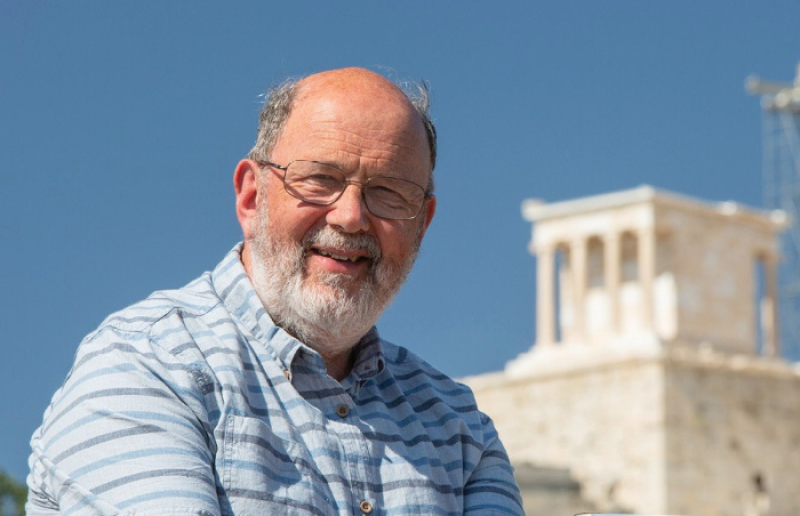
Renowned New Testament scholar N.T. Wright recently challenged the common assumption that Jesus and the apostle Paul believed the world would end within a single generation.
During a recent episode of his “Ask N.T. Wright Anything” podcast, he stated, “I think that Paul was aware, like all early Christians, because Jesus had said so, that Jerusalem would be destroyed within a generation of Jesus’ own time.”
Wright explained that this theme is prominent in the Gospels of Matthew, Mark, and Luke, and “it’s hinted at elsewhere,” including in Paul’s writings such as the Thessalonian letters and First Corinthians Seven, where he references “the appointed time being constrained.”
Wright responded to a listener’s question regarding whether Paul would have been “puzzled or unaffected” by what appears to be Christ’s 2,000-year delay, and how he might respond to the vast scale of the universe as understood today.
He argued that “that theme has been largely ignored by many modern Christians, particularly modern liberal Christians, who have wanted to say, ‘Oh, well, Jesus and Paul thought the world was going to end. It didn’t. So they were wrong. So they were probably wrong about a lot of other stuff as well,’” a conclusion he considers “simply misconceived.”
According to Wright, both Jesus and Paul took for granted that “one day God would set the world right,” but the specific “within a generation” warnings in the Gospels referred to Jerusalem’s fall in A.D. 70, not the ultimate culmination of history.
He elaborated, “Jesus, I think, hints at the coming time when all things are going to be resolved and put right—the great coming palingenesia, or rebirth, He speaks of in Matthew 18, or the time which Peter refers to in Acts when God is going to put everything right at last.” Wright emphasized that, “They take for granted the fact that one day, God, the Creator, will put everything right.”
Wright highlighted that understanding the difference between the fall of Jerusalem and the end of the world is essential for interpreting early Christian expectations.
“I don’t think Paul would be alarmed or surprised,” he said, “There’s no sense of failure or trauma or anything that it didn’t, in fact, end after one generation.” He pointed out that second- and third-century church leaders such as Justin Martyr, Irenaeus, and Tertullian continued to affirm hope in the eventual renewal of the world, without distress over the passing of time.
“Tertullian is still talking cheerfully about the coming Great Day when we will all celebrate the renewal of God’s world,” Wright explained.
Finally, Wright noted that the New Testament itself provides a theological framework for this kind of delay, citing 2 Peter: “That one day is with the Lord as a thousand years, and vice versa … God’s in charge of time. It’s up to Him.”



















